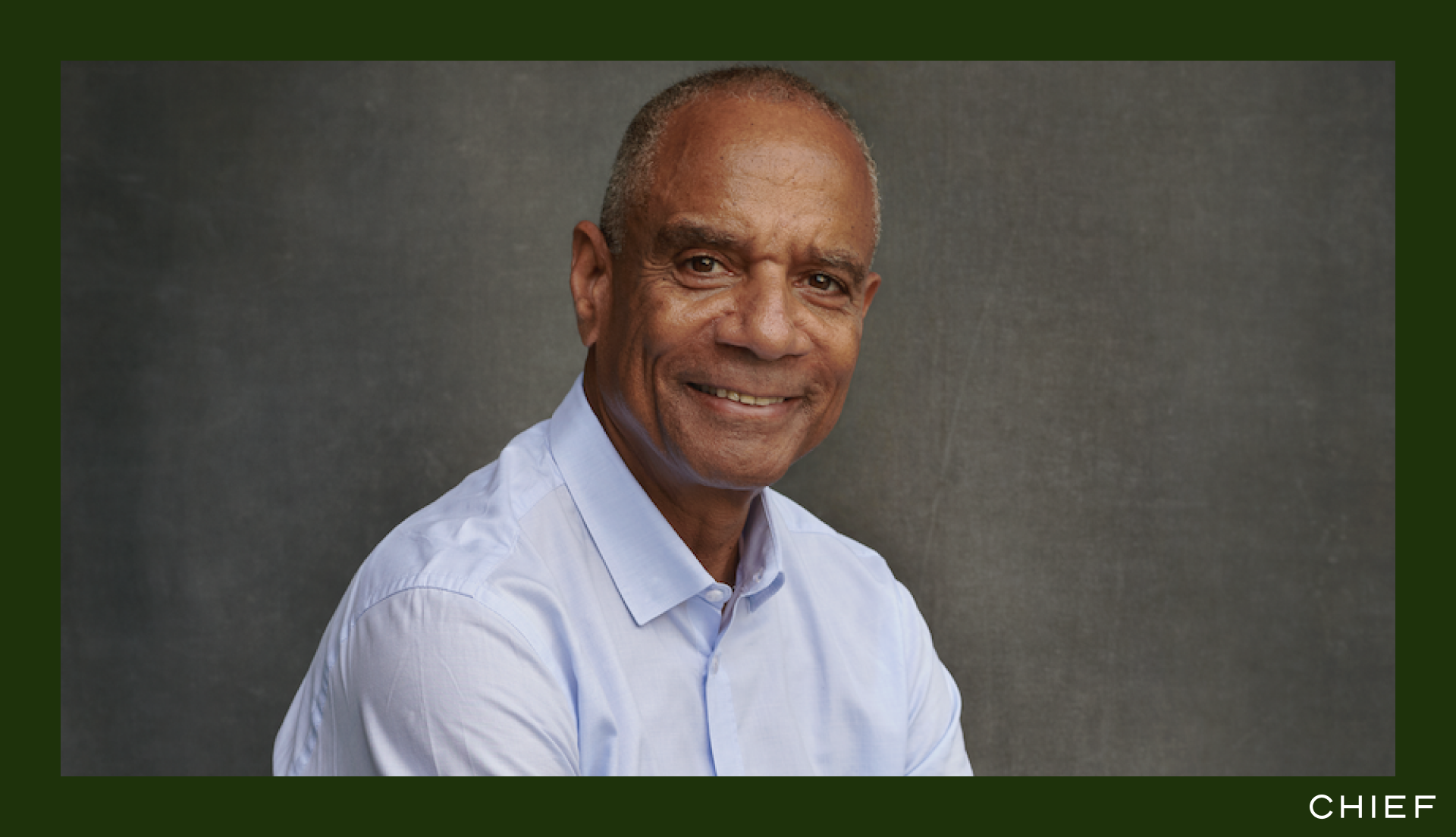You’ve probably heard of the 10,000-hour rule. Popularized by author Malcom Gladwell, the theory suggests that anyone can gain mastery if they’re willing to devote 10,000 hours of practice to a skill.
Unfortunately, it’s not that simple.
As author David Epstein explains in his new book, Range: Why Generalists Triumph in a Specialized World, the rule is solely based on researching “kind” learning environments, such as violin, chess, and golf.
“These are domains where all information is available, people wait for each other to take turns, the next steps are clear, and they are based on pattern recognition,” says Epstein. “Feedback is immediate and always fully accurate, so specialization works quite well.”
Only problem: the world is not a chess match, especially right now. Feedback is rarely immediate or actionable, and people often behave unpredictably and illogically. Specialization is invaluable, but it’s only half the story.
Contrary to their reputation for knowing “a little about a lot,” most successful generalists actually know a lot about a lot. This breadth of experience (gained by avoiding thousands of hours of practice in any one domain) makes generalists uniquely qualified to lead in “wicked” learning environments.
“In these environments, the rules of the game are often unclear or incomplete, there may or may not be repetitive patterns and they may not be obvious, and feedback is often delayed, inaccurate, or both,” Epstein writes. “In the most devilish learning environments, experience will reinforce the exact wrong lessons.”
The present is certainly a wicked, if not devilish domain. We’re making rapid decisions, encountering unprecedented problems, and leading without a map. Even if we wanted to pattern match, there’s little history to rely on.
To overcome this moment, we need to draw novel connections between previous lessons and experiences, even if they seem irrelevant at first glance. This knowledge transfer demands a broad base of learning to draw from.
“Research shows that breadth of training predicts breadth of transfer,” says Epstein. “The more contexts in which something is learned, the more the learner creates abstract models, and the less they rely on any particular example. Learners become better at applying their knowledge to a situation they’ve never seen before, which is the essence of creativity.”
This process is the opposite of tunnel vision. Its efficacy is demonstrated by a 20-year experiment run by psychologist Phillip Tetlock, starting in the 1980s.
Tetlock studied short- and long term forecasts by experts in international politics and economics. The results: Experts were horrible forecasters. “Their areas of specialty, years of experience, academic degrees, and even (for some) access to classified information made no difference. They were bad at forecasting in every domain,” Epstein writes. What’s more, many experts never admitted to systemic flaws in their judgement, even in the face of their results.
On the flip side, integrators — those who knew a lot about many things — outperformed their colleagues in every metric, especially long-term predictions. Instead of seeking agreement or praise, they worked to aggregate many perspectives, and questioned their own judgment in unfamiliar situations.
“Tetlock described the very best forecasters as having dragonfly eyes,” Epstein writes. “Dragonfly eyes are composed of tens of thousands of lenses, each with a different perspective, which are then synthesized in the dragonfly’s brain.”
To develop innovative and effective solutions during and after this crisis, we ought to lead with dragonfly eyes. By setting aside hubris, aggregating ideas from disparate domains, and building diverse task forces, we amplify our chances of forecasting successful solutions.
The good news: We are all generalists to some extent.
“High-level business leadership demands multifaceted skills. You can't have tunnel vision. If you’re not a decent generalist, it’s hard to be a great CEO or high-level executive,” explains author and business futurist Carter Phipps. “Problems in business don’t respect boundaries around subject areas. They are almost always multidimensional because leadership is largely about people, and people are complex. A good CEO, for example, might need to know something about culture, psychology, social dynamics, management, markets, innovation, finance, and technology. Even more important, they have to be able to integrate all of those areas into a forward-looking coherent vision.”
Seeing yourself as a generalist should give a sense of hope and reassurance that not having 10,000 hours of pandemic prep is actually your advantage. As the full saying goes: “A jack of all trades is a master of none, but oftentimes better than a master of one.”
